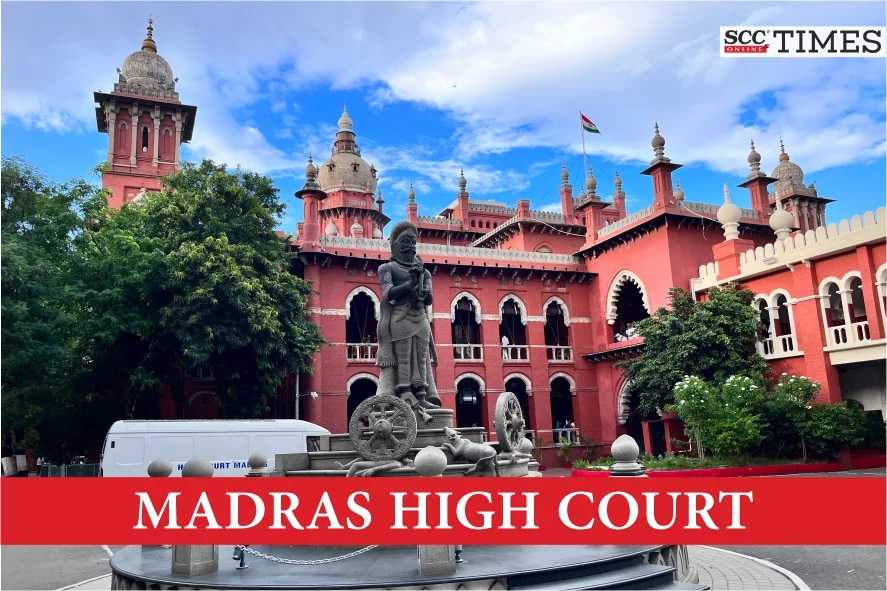Madras High Court: In a writ petition filed under Article 226 of the Constitution of India, seeking the issuance of a Writ of Mandamus to direct the respondents to issue a fresh passport in the name of the petitioner without insisting on the signature of her husband, the Single Judge Bench of N. Anand Venkatesh, J., observed that the petitioner, after marrying her husband, did not lose her individuality. The Court affirmed that a wife could always apply for a passport without requiring the permission or signature of her husband in any form. The Court further directed the Passport Office to process the petitioner’s application and issue a passport in her name, provided the petitioner satisfied the other necessary requirements. The Passport Office was ordered to complete this process within four weeks from the date of receiving a copy of the order.
Background
The case of the petitioner was that she got married in 2023, and had a female child, born in the year 2024. Thereafter, a matrimonial dispute arose between the parties, which resulted in the husband filing a petition seeking dissolution of the marriage. This petition was pending at the time.
The petitioner, who was the wife, had applied for a passport on 24-04-2025 before the Regional Passport Office. However, her application was not processed. Upon enquiry, the petitioner was informed that she was required to obtain the signature of her husband in Form-J before the application could be processed. The Regional Passport Office had also taken into account the ongoing dispute between the petitioner and her husband. In light of these circumstances, the present writ petition was filed before this Court.
Analysis and Decision
The Court said that the application submitted by the petitioner seeking a passport had to be processed independently. It was not necessary for a wife to obtain her husband’s permission or his signature before applying for a passport. The insistence made by the Regional Passport Office reflected a societal mindset that treated married women as though they were chattel belonging to their husbands.
The Court found it shocking that the passport office was requiring the husband’s permission and his signature on a specific form in order to process the petitioner’s application for a passport. Given that the relationship between the petitioner and her husband was already in turmoil, the Passport Office’s expectation that the petitioner obtains her husband’s signature was unreasonable. In effect, the Passport Office was imposing an impossible condition on the petitioner.
The Court stated that the petitioner, after marrying her husband, did not lose her individuality. A wife could always apply for a passport without the permission or signature of her husband on any form. The practice of requiring permission from the husband to apply for a passport was deemed counterproductive for a society that was progressing toward women’s emancipation. The Court criticized this practice as nothing short of male supremacism.
In light of the above discussion, the Court directed the Passport Office to process the petitioner’s application and issue a passport in her name, provided the petitioner satisfied the other necessary requirements. The Passport Office was ordered to complete this process within four weeks from the date of receiving a copy of the order.
[X v. Government of India, 2025 SCC OnLine Mad 2847, decided on 18-06-2025]
Advocates who appeared in this case :
For Petitioner: V.S.Usha Rani
For Respondents: G.Subramanian, Central Government Counsel, Leonard Arul Joseph Selvam Government Advocate



